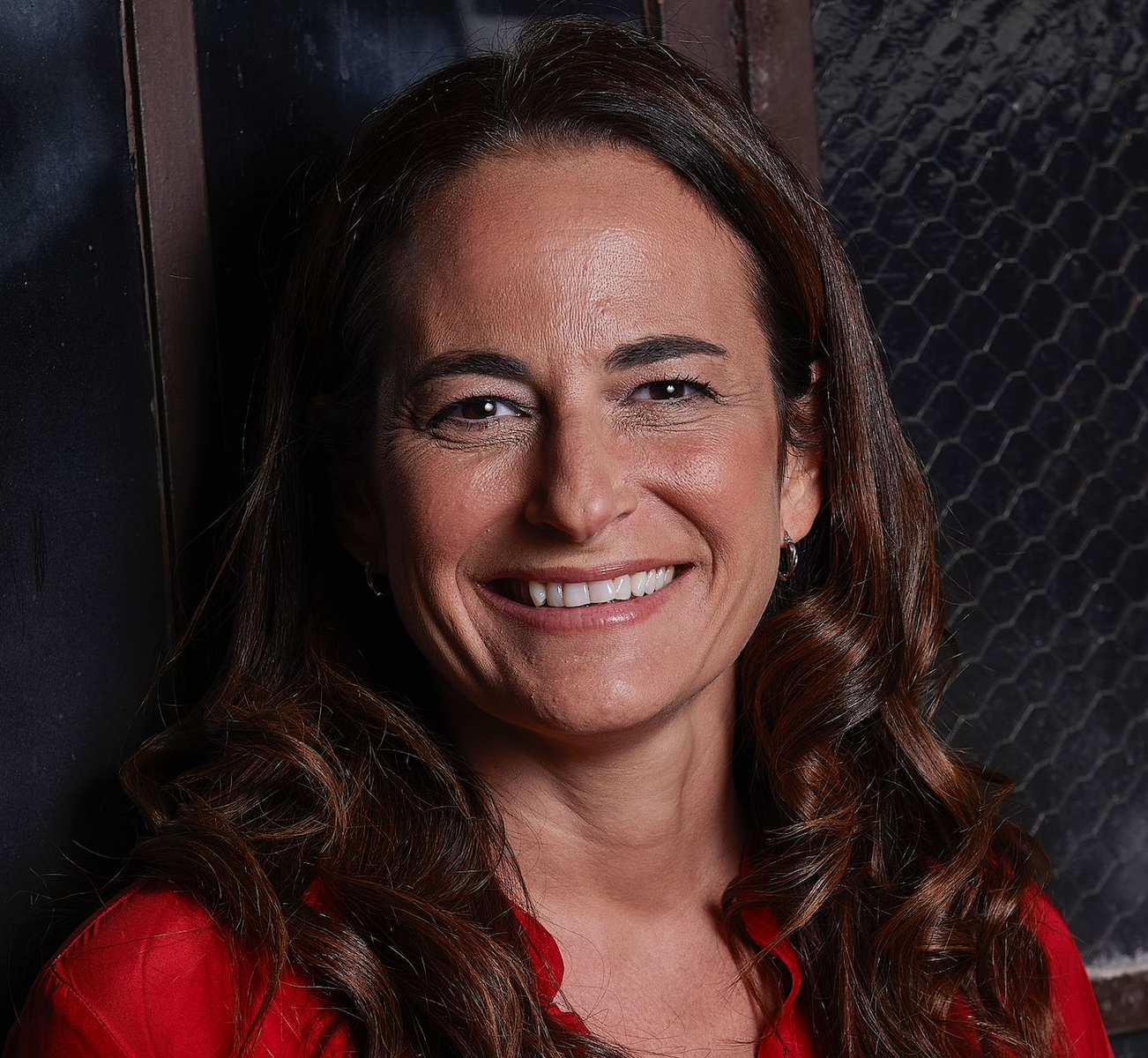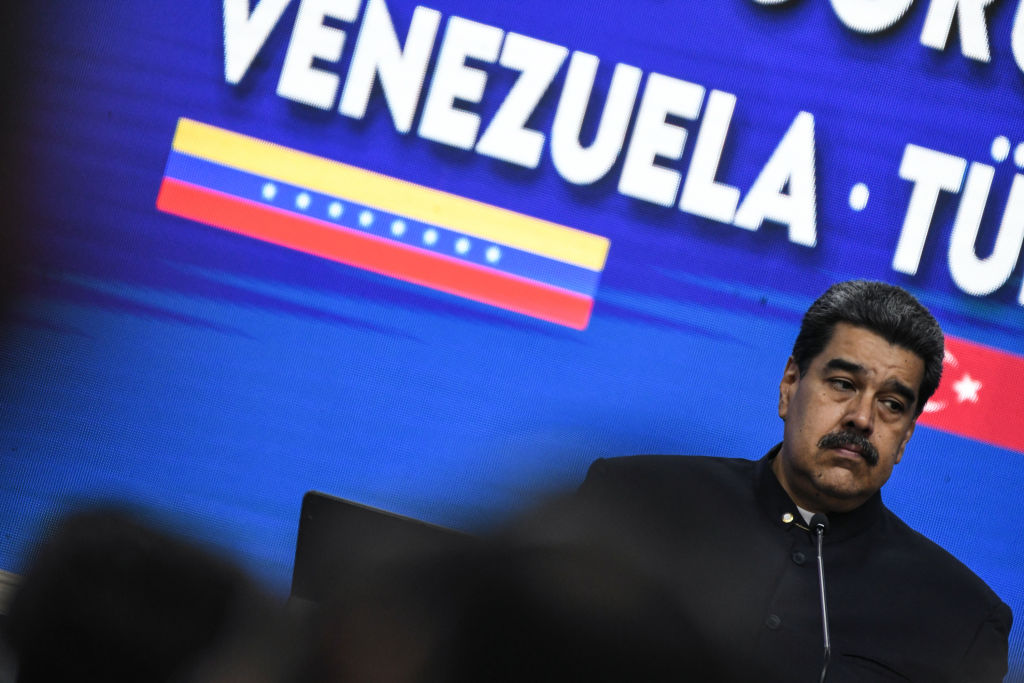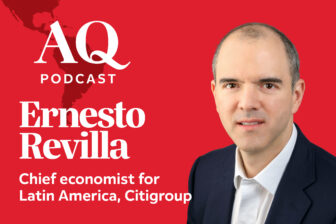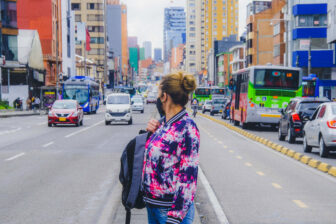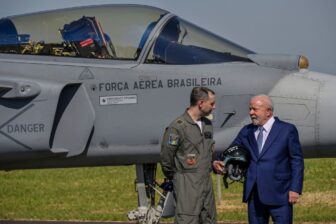Lee este artículo en español aquí.
As Venezuela’s presidential elections, scheduled for 2024, draw closer, the international community’s attention is primarily focused on how to use leverage to ensure minimal electoral conditions. U.S. high-level officials have publicly said they would ease some of the economic and political sanctions imposed on the country in exchange for meaningful concessions by Nicolas Maduro’s government, and there is clearly an ongoing back channel between U.S. and Venezuelan authorities along these lines. While this discussion is essential, it often overshadows a vital aspect of the conversation—the plan for what comes next. No transition of power is possible without a clear path forward after election day.
The sense of normalization in the country—motivated by factors including a virtually dollarized economy, increasing international recognition of Maduro’s government and the diminishing visibility of human rights abuses and the dire domestic humanitarian situation in global media—has made engagement with those in power the only game in town. It’s important to note, though, that it is far from normal for a country to be grappling with 400% inflation, targeted repression, a pressing need for millions of dollars in humanitarian aid, and one of the largest exodus crises in the world.
Nonetheless, engagement is not necessarily wrong. It is critical to talk to all parties. The question is how to ensure this conversation paves the way to transition from the current authoritarian government to something closer to a democratic opening and the eventual reinstitutionalization of this devastated nation. It should not be a tactic to buy time and perpetuate those in power.
Efforts to facilitate elections that are as close to free and fair as possible are essential. They should be based on the roadmap laid out by the European Union after its 2021 electoral observation mission. Key measures highlighted in their reporting include allowing disqualified candidates to run for office, enhancing separation of powers and judicial independence, and abolishing the comptroller general’s authority to strip citizens of their political rights through an administrative procedure that has been arbitrarily used against political opponents. Immediate attention should be paid to ensuring people can participate in the opposition’s primaries scheduled for October 22.
But why would those grabbing onto power allow for this to happen? They won’t do so out of goodwill. History shows that Venezuelan authorities do not voluntarily make concessions, and this is no exception.
A pressing question demands an urgent answer: how to incentivize those in power to relinquish their advantages and accept a democratic transition. This is not merely a theoretical discussion about defining the model of future political and social democratic co-existence, which is undoubtedly crucial. It is also about creating conditions for that opening to happen.
A golden bridge
In other words, how do we provide a golden bridge to (some members of) the Maduro government? While sanctions relief and legitimacy derived from internationally recognized elections can be valuable tools, they alone won’t magically resolve Venezuela’s debacle.
Accountability can play a pivotal role. For years, those in power in Venezuela have committed two types of crimes: serious human rights violations and actions linked to corruption, money laundering, organized crime, and drug trafficking.
The human rights violations committed in Venezuela, including during the brutal repressions in 2014 and 2017, have led to the first investigation by the International Criminal Court prosecutor’s office of crimes against humanity in Latin America. These include allegations of deprivation of physical liberty, torture, rape and other forms of sexual violence, as well as persecution on political grounds. Independent experts of the UN-created Fact-Finding Mission have exposed the complicity of Venezuela’s judiciary in these abuses and have recently reported ongoing, targeted repression. These international accountability mechanisms currently offer the primary avenue for victims to seek justice. The ICC prosecutor has also agreed to cooperate with Venezuelan authorities to reform the judiciary while his office continues its investigation.
Anti-corruption activists have tracked over 200 investigations across 29 countries implicating high-level officials in funneling millions of dollars to benefit themselves, allies, or their families. Most cases are being probed in the U.S., but there are also investigations in Argentina, Spain, Colombia, and Brazil. Key sectors affected by corruption cases include the oil industry, healthcare system, security, and the judiciary.
International law provides clear guidelines for investigating and prosecuting grave human rights violations. Amnesties or pardons cannot shield the most heinous crimes, nor should they fall under the jurisdiction of military courts, as these often lack the necessary independence. Statutes of limitation do not apply to such cases.
Beyond those red lines that cannot be crossed, there are some gray areas where a discussion is possible, including issues related to chain of command responsibility, the gravity of the offenses, or types of sanctions to be imposed. While it’s possible to draw inspiration from how other countries have addressed these matters, a tailored solution for Venezuela is needed. It must consider Venezuela’s unique circumstances and the perspectives of victims and their families and adhere to international law obligations.
Restoring democracy
There are two reasons why looking at the other types of crimes committed in Venezuela might be more fruitful. First, given the clarity of international law regarding crimes against humanity, there can never be complete impunity for some people and cases. For instance, an ICC investigation or a claim based on universal jurisdiction for torture will always haunt those involved at the top level. Second, many individuals in power in Venezuela, or with links to those in power, have been involved in corruption, mismanagement, organized crime or drug trafficking and may not necessarily face prosecution for crimes against humanity.
Some may prefer to be remembered as having transitioned Venezuela back to democracy rather than as part of a repressive regime. To engage them in opening the door to a democratic transition, they need incentives, and ongoing criminal investigations into corruption and related crimes can provide them.
It would not be the first time that individuals facing the threat of robust prosecutions by authorities with the political will to move forward are persuaded to cooperate after meaningful benefits are offered in exchange for survival. A reduced sentence or the possibility of keeping some of the funds obtained illegally is a possible outcome, a golden bridge.
It will be essential to identify who is willing to be part of this conversation, what benefits can be offered within the boundaries of the rule of law, and, equally important, what the expectations of those in power are and how these agreements can be upheld through guarantees to ensure long-term political and social democratic co-existence. To succeed, such a proposal must consider the political dynamics in Venezuela, including internal divisions within the ruling party, the need for unity within the opposition, and public opinion.
As urgent as addressing these questions today, it is crucial to acknowledge that Venezuela’s current situation didn’t happen overnight. The debacle of its democracy has been a gradual process. Restoring it will be a slow, uncomfortable, and possibly dirty endeavor. We must think outside the box and beyond electoral conditions to get there.


